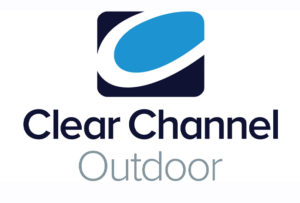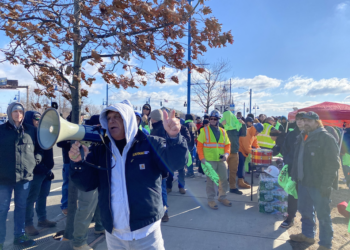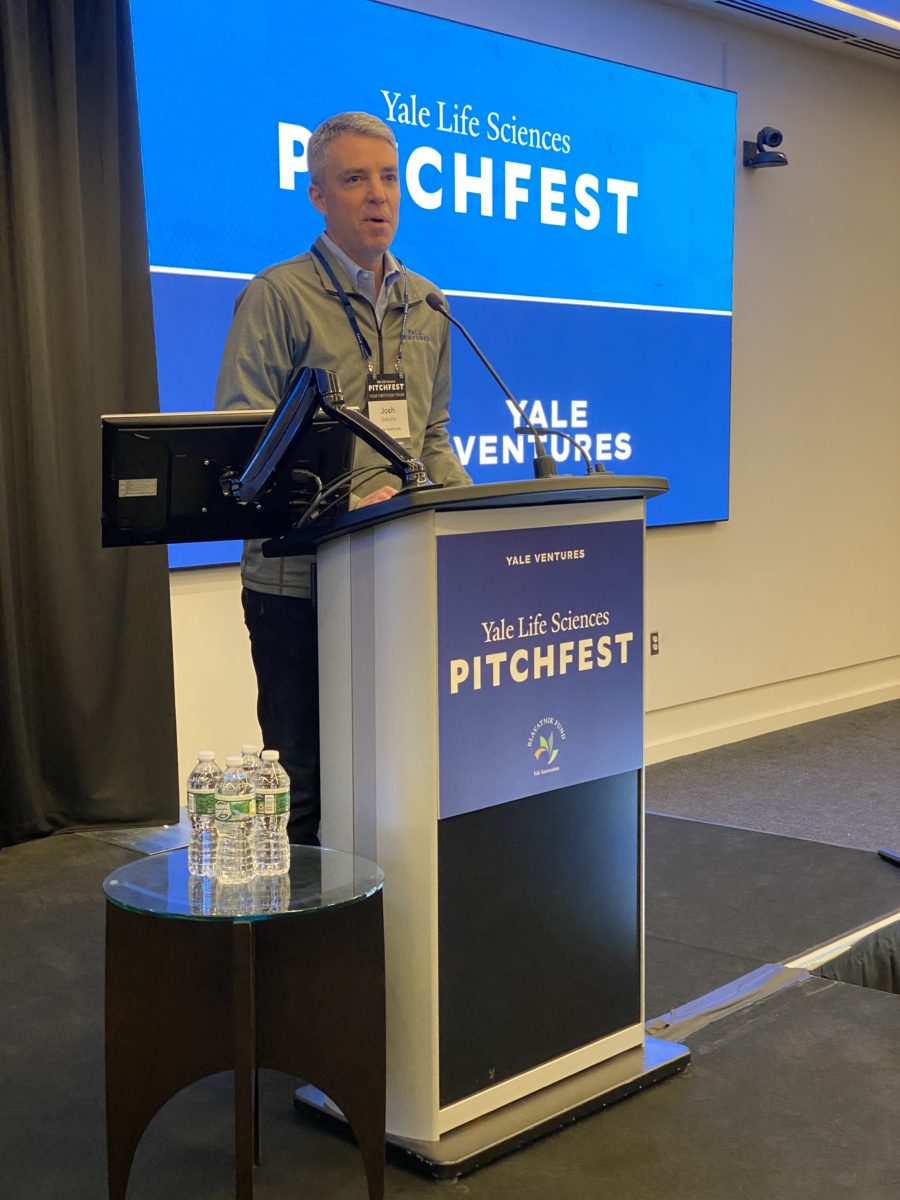A federal judge has ruled that a New Rochelle law banning billboards does not cover five highly profitable structures owned by Clear Channel Outdoor along Interstate 95.
U.S. District Court Judge Nelson S. Román granted partial summary judgment for Clear Channel on Oct. 20 on a 2020 complaint challenging the billboard law. On Nov 28 he denied the city’s request to reconsider his ruling.

Clear Channel claimed that the city was illegally forcing it to remove billboards, threatening excessive fines and awarding its locations to a competitor as part of a two-decade campaign against the advertising company.
New Rochelle banned billboards in 1996, but Universal Outdoor Holdings Inc., later acquired by Clear Channel, of Austin, Texas, challenged the constitutionality of the law. The city settled the case in 2000, exempting some billboards but requiring them to be removed by the end of 2020.
But New Rochelle was not banning all billboards. In 2016, the city solicited proposals to erect nine new billboards along I-95, according to court records, in exchange for a share of revenue. A Clear Channel competitor won the contract.
Then in September 2020 a New Rochelle official told Clear Channel to remove its billboards by the end of the year, and city council amended the billboard law to impose fines on signs still standing in 2021.
Clear Channel claimed that the fines could cost the company $116 million a year.
Clear Channel argued in the 2020 lawsuit that New Rochelle was violating constitutional rights, such as the Fifth Amendment protection prohibiting government from taking private property without just compensation.
Judge Román granted summary judgment on one count of the 12-count complaint, in which Clear Channel argued that the billboard law did not apply to at least five of the 16 billboards it operated in New Rochelle.
The city was represented by Harris Beach attorneys Darius P. Chafizadeh of White Plains and James P. Nonkes of the Rochester area. They did not respond to an email asking whether New Rochelle will appeal the ruling.
Clear Channel was represented by Sidley Austin LLP attorneys in Washington.


















